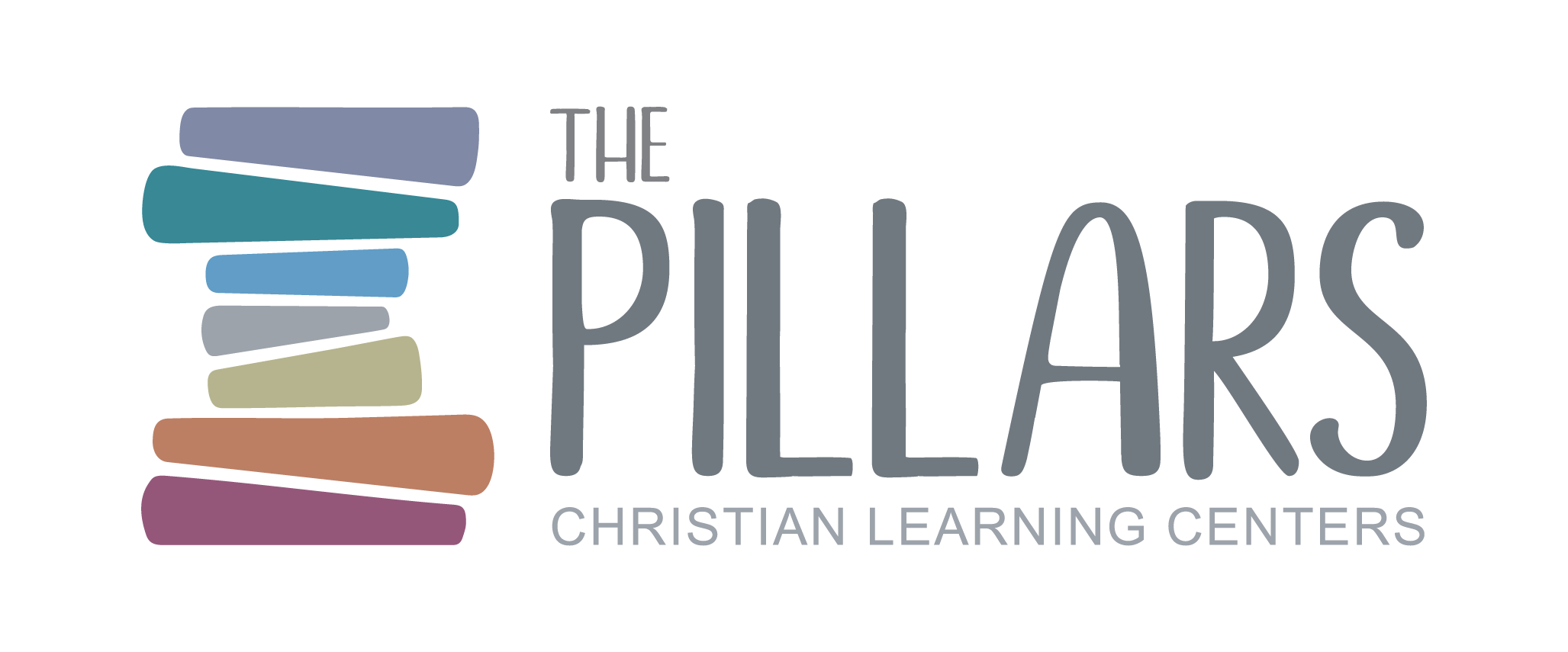Cognitive development refers to how children learn information, obtain knowledge, and connect to the world around them. Various cognitive skills grow and develop as children reach specific developmental milestones. If parents want to enhance their children’s cognitive development, there are plenty of activities they can do with their little ones. Opportunities to engage in active learning can greatly benefit a child’s cognitive development. In this post, we will discuss specific ways you can support your child’s cognitive development in early childhood.
First, let’s examine the reasons why it’s beneficial for parents to promote this type of development with their children.
What is the importance of cognitive development in early childhood?
As children get older, they develop an increased capacity to retain information, think critically, and focus. Cognitive skills enable children to see connections between ideas, understand cause and effect, and develop analytical thinking.
Activities that enrich cognitive development in early childhood
Sing with your child
Sing songs together and listen to songs on YouTube that your child enjoys. Encourage little ones to sing with you. At some point, children will begin singing by themselves. This activity improves word identification and memory.
For example, if you are singing “Old MacDonald”, it will help your child learn the names of animals and the sounds they make.
Music enhances the following cognitive skills: memory, vocabulary, auditory sequencing (the order in which sounds occur), word identification, and information processing.
Ask open-ended questions often
When playing with young children, ask open-ended questions. When children answer these types of questions, it helps them expand their language skills, verbal comprehension, and inferencing.
For example, when little ones are coloring, you might ask what they want to draw a picture of, or which colors they want to use. If children are playing with toy cars, ask where they think the car should go.
Asking open-ended questions can enhance the following cognitive skills: comprehension, making inferences, inferential reasoning, and vocabulary.
Play make-believe
When children engage in make-believe activities, they can take on different roles in order to demonstrate what they are learning. As they gain a stronger understanding of other people’s perspectives, it will enrich their cognitive skills and language development.
Additionally, make-believe activities help children learn how to create and follow a plan. It can also help to enhance the development of memory as children repeat themes and actions as they role-play different characters.
Make-believe play enhances the following cognitive skills: cognitive flexibility, problem-solving, understanding different perspectives, language development, and vocabulary.
Visit museums or science centers with your family
Museums and science centers are great places for children to acquire new knowledge. As children hear information and explanations from experts, it can positively impact their cognitive skills.
For example, if your child is interested in space, visit a museum that focuses on astronomy and astrophysics. Children can learn about astronomy, planets, and an array of other objects in outer space. By doing this, children’s visualization skills and logical thinking are enriched, as they can imagine and see things found in outer space.
Visiting museums and science centers enhances the following cognitive skills: cognitive flexibility, problem-solving, visualization skills, and logical thinking.
Read to your child daily
The more you read books with children, the more opportunities they will have for the enrichment of their cognitive skills. By hearing stories and looking at images, children learn to form a mental picture from the story they hear and practice using their visual memory skills.
Reading to your child enhances the following cognitive skills: cognitive flexibility, visual memory, and vocabulary.
Let children solve problems independently
It’s important for us to provide opportunities for kids to solve problems on their own periodically. Cognitive skills improve as children learn to solve problems.
This can enhance the following cognitive skills: problem-solving, cognitive flexibility, and logical thinking.
Teach children board games that require strategy
Board games, like chess, can enhance children’s logical thinking and problem-solving skills. Play games together and teach your little one about the rules of each game. Cognitive skills are enriched as children gain an understanding of how to play the game.
Playing games enhances the following cognitive skills: problem-solving, cognitive flexibility, logical thinking, language development (for instructions and strategy), visual memory (for recalling positions and visualizing).
Let children explore the world on their own
Cognitive skills develop as children learn and discover through self-exploration. You’ll see their skills improve as they absorb new information through touch, smell, taste, sight, and sounds.
Some examples include letting children touch a piece of paper or stick their hands into a bag of beans or rice. Cognitive skills addressed here include tactile sensation and memory.
These activities enhance the following cognitive skills: cognitive flexibility, problem-solving, tactile sensation, and memory.
The Pillars Christian Learning Center promotes various activities that support your child’s cognitive development. For more information about our programs, contact us today.

